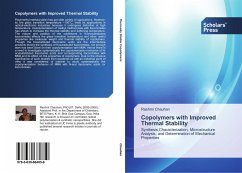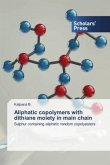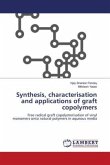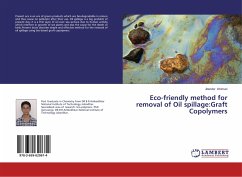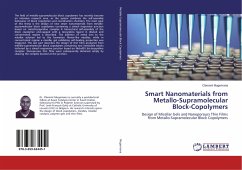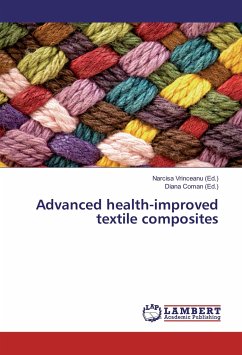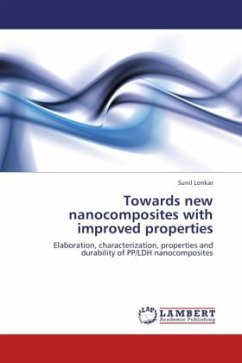Poly(methyl methacrylate) has got wide variety of applications. However, its low glass transition temperature ~100°C, limits its applications in optical-electronic industries because it undergoes distortion at high temperature. Copolymerization of methyl methacrylate with itaconimides has shown to increase the thermal stability and softening temperature. The nature and position of the substituent in N-arylsubstituted itaconimides affects the glass transition temperature and other useful properties like molecular weight and thermal stability of copolymers. Though the N-substituted itaconamic acids are the intermediate products during the synthesis of N-substituted itaconimides, not enough work has been done on their copolymerization with MMA. Hence there is a need to investigate systematically the copolymerization behavior of N-arylsubstituted itaconamic acids and corresponding itaconimides with MMA and its effect on the properties of copolymers. Due to the obvious significance ofsuch studies from academic as well as industrial point of view, it was considered of interest to study systematically the copolymerization behavior of MMA with N-aryl itaconamic acids /or itaconimides.
Bitte wählen Sie Ihr Anliegen aus.
Rechnungen
Retourenschein anfordern
Bestellstatus
Storno

